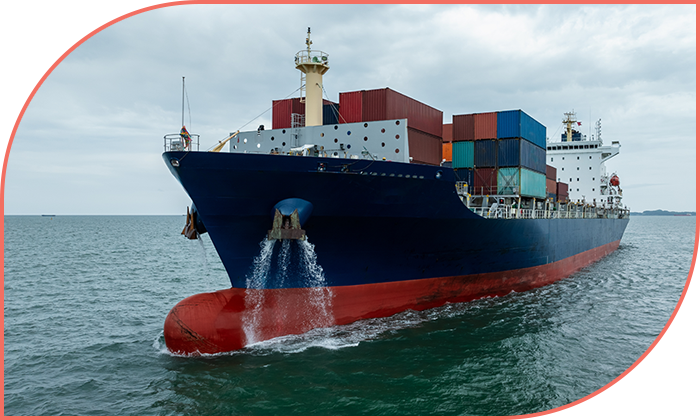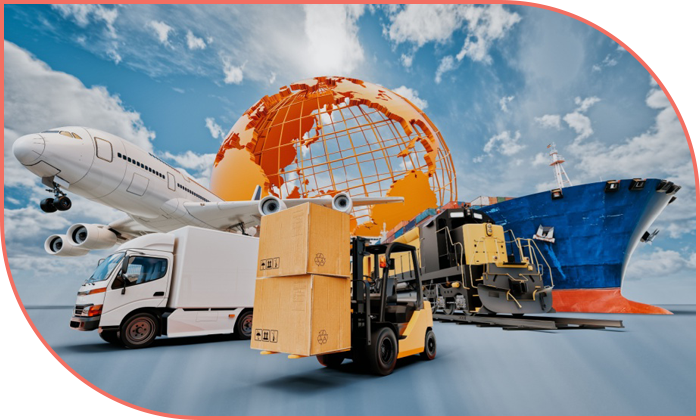Port of Shunde
Shunde Port, located in southern Guangdong Province, China, is primarily a passenger port. It began operations in 1988 and currently offers daily passenger vessel services between Shunde and Hong Kong.
It serves major factory districts like Lecong (a major furniture manufacturing hub), Ronggui (an area focusing on household appliances and electronics), and Daliang (known for its production of machinery and equipment).
What are FOB and EXW terms?
FOB (Free on Board)
According to FOB terms, the seller is accountable for transporting the goods to the closest port and bearing all expenses and risks until the goods are loaded onto the shipping vessel.
After the goods are loaded, the responsibility is transferred to you, the buyer. Following this, you’ll be in charge of settling all expenses linked to importing, such as customs clearance charges and transportation from the original port to your ultimate destination.
EXW (Ex Works)
The EXW incoterm stipulates that the seller must provide the goods at their premises, like a warehouse or factory.
In this scenario, the buyer takes on minimal responsibility from the seller. The buyer is responsible for overseeing all export and import procedures, such as customs clearance, insurance, loading the goods, and transportation.

Compare Ocean Freight Shipping Rates in Seconds
Get instant quotes from leading ocean freight providers. Find the best rates for your shipping needs in one place.
Sea Freight service options from Shunde to the UK
LCL (Less-than-Container Load):
With this method, shippers with smaller cargo volumes share container space with other shippers as their goods do not fill a whole container by themselves.
FCL (Full Container Load):
This option involves the shipper's cargo occupying an entire container dedicated solely to their goods.
Do you need an export licence?

The Ministry of Commerce (MoC) categorises goods into three groups: approved goods, restricted goods, and forbidden goods.
Export licences, provided by the MoC, contain details about the exporter(s), buyer(s), cargo, value, and transportation method.
Licences are necessary for exporting restricted goods. Chinese Foreign Trade Companies (FTC) exporting to UK subsidiaries must also acquire a licence. However, trading with a foreign supplier in overseas countries (FOBs) does not mandate a licence.
Import clearance: Necessary customs documents
To have your imported products cleared by UK customs, shippers need to have the following paperwork ready: a commercial invoice, an import licence (if necessary), a Bill of Lading (BL), an EORI number, and a packing list.
Get The Best Sea Freight Rates Today
Easily compare rates from top ocean freight carriers. Save time and money on your next shipment.